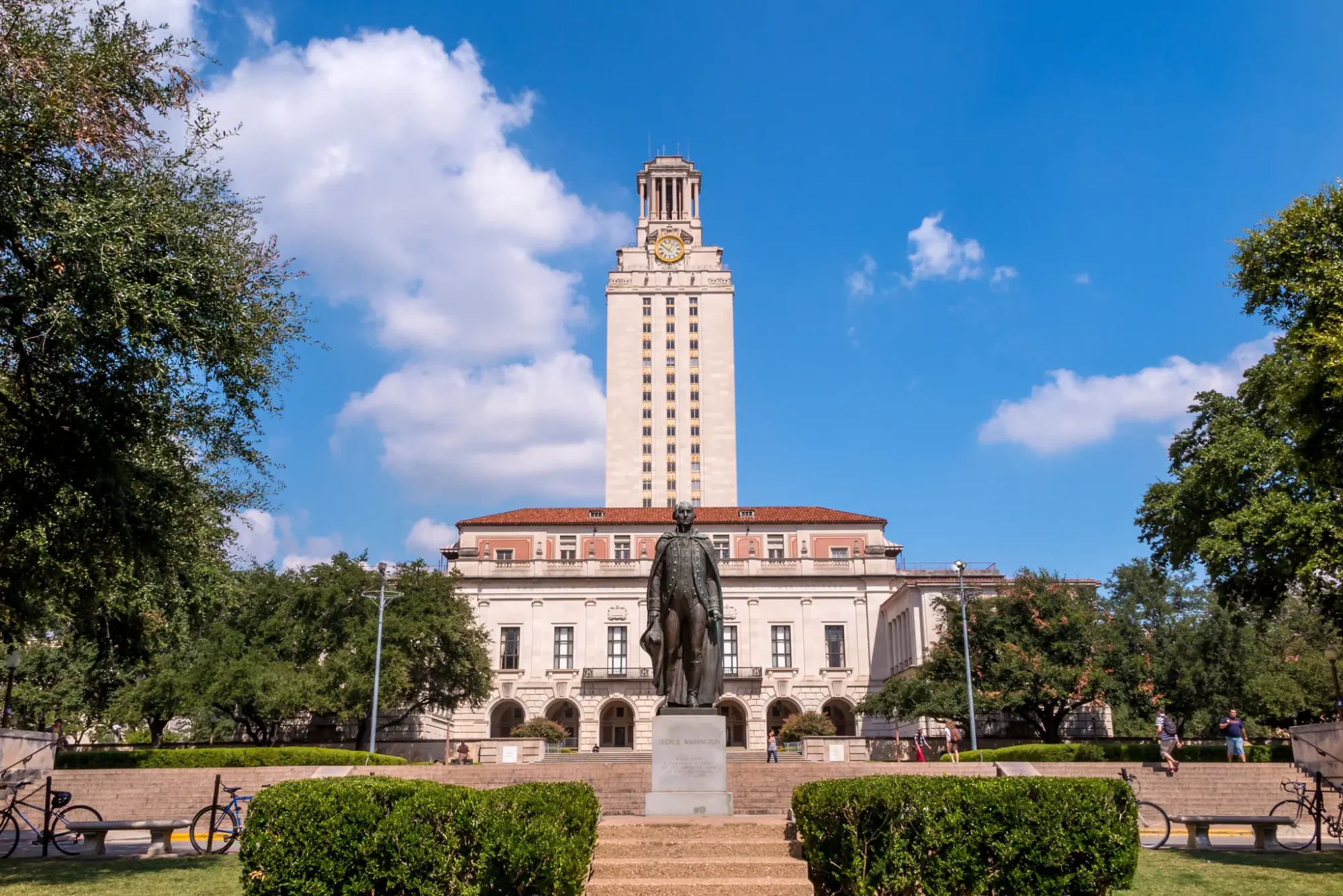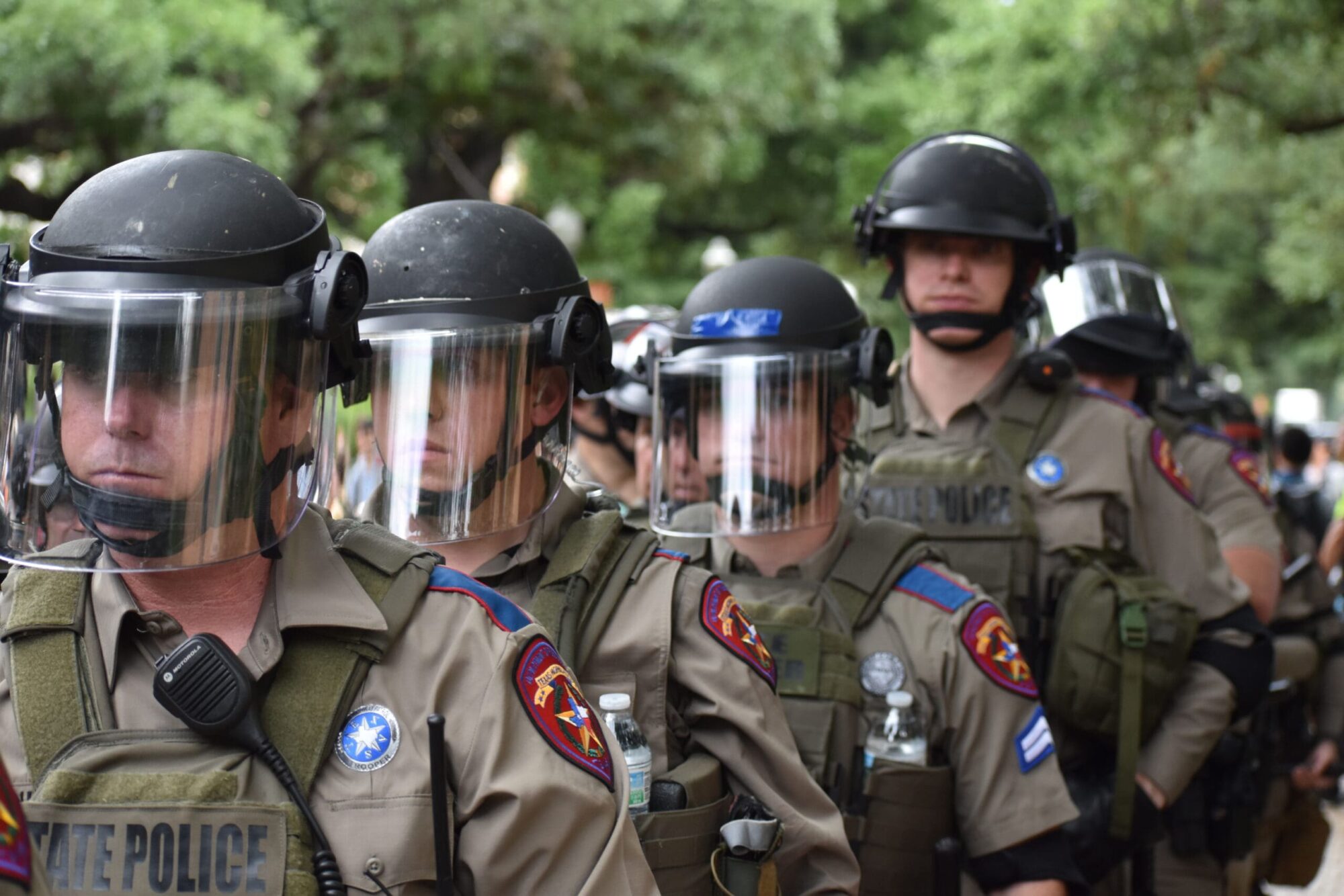As a new state law banning DEI offices and hiring practices in Texas’ public universities is set to take effect on January 1, a fellowship promoting “Racial Justice,” among other aims, at the University of Texas in Austin has been terminated.
Senate Bill 17—authored by State Sen. Brandon Creighton (R-Conroe) and signed into law by Gov. Greg Abbott earlier this year—aims to ban so-called “diversity, equity, & inclusion” initiatives in public higher education within the state of Texas.
The Public Voices Fellowship at UT Austin was part of The OpEd Project, which focuses on five key areas of study, including “Gender Justice,” “Racial Justice,” “Public Health Justice,” “Climate Justice & Solutions,” and “Media & Democracy Justice & Solutions.”
The OpED Project is primarily aimed at changing who writes history, as outlined in its mission statement.
It also outlines its values:
Because of our values, we reject racism, sexism, ableism, ageism, transphobia, homophobia, fatphobia, nativism, Islamophobia, antisemitism, white supremacy, violence, bigotry, and abuse in all forms.
According to the Austin American Statesman, 14 fellows at UT Austin are affected by the fellowship’s closure. UT Austin was one of 35 partner institutions offering similar fellowships.
However, while SB 17 targets DEI practices in universities across the state, Texas Scorecard previously covered DEI’s expansion into the state’s K-12 education system.
In one instance, Leander Independent School District in northwest Austin created a Chief of Diversity, Equity, and Inclusion position.
School boards in Texas are continuing to push for further DEI initiatives within K-12 schools at the behest of the state’s controversial school board association
“Equity begins in the board room [sic],” writes the Texas Association of School Boards (TASB), “and equity in learning and educational attainment is necessary for every student’s lifelong success.”
TASB also encourages school board members to consider the demographics of their districts and communities to push an equity agenda.
Local taxpayer dollars are used to fund TASB membership fees and services that include training, legal advice, and insurance.
The organization also engages in taxpayer-funded lobbying on behalf of school district interests, which often conflict with the interests of students, parents, and the taxpayers picking up the tab.
In addition, TASB has used its legal guidance to promote leftist ideologies pushed by the Obama and Biden administrations.
However, two school districts in North Texas announced earlier this week that they are joining a new alternative to TASB—Texas for Excellence in Education.
As of publishing, neither Creighton nor UT Austin have responded to requests for comment from Texas Scorecard.




